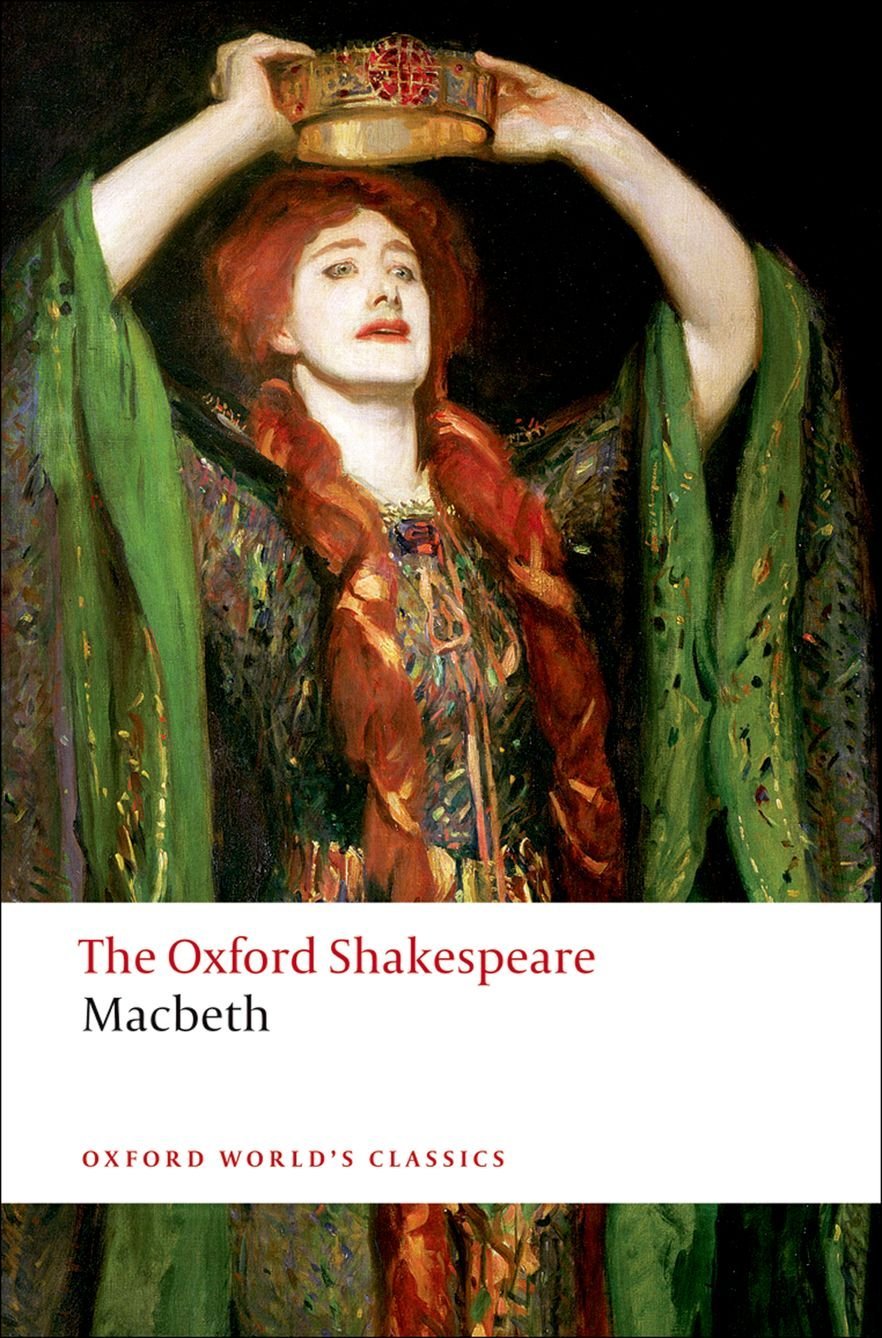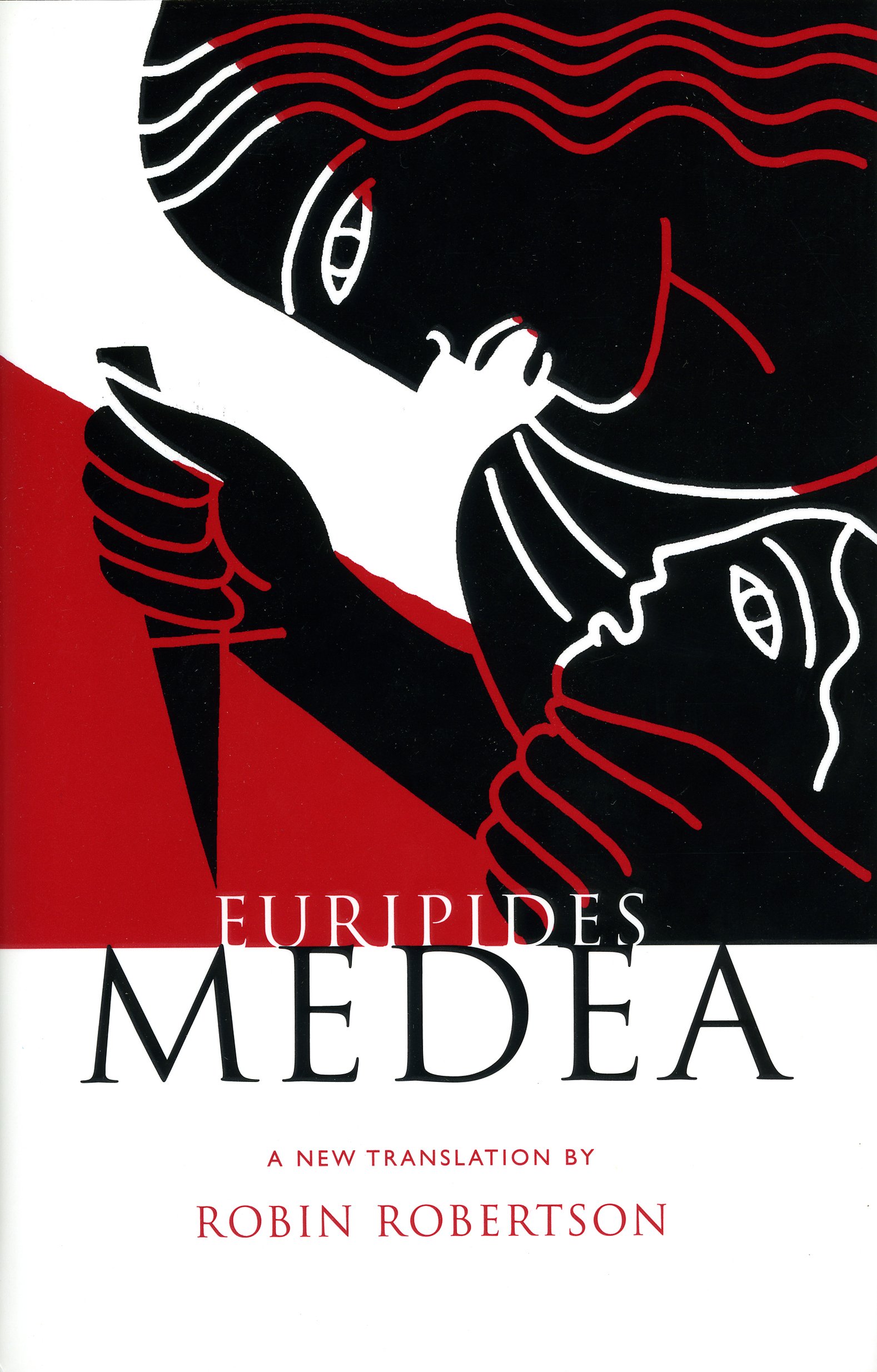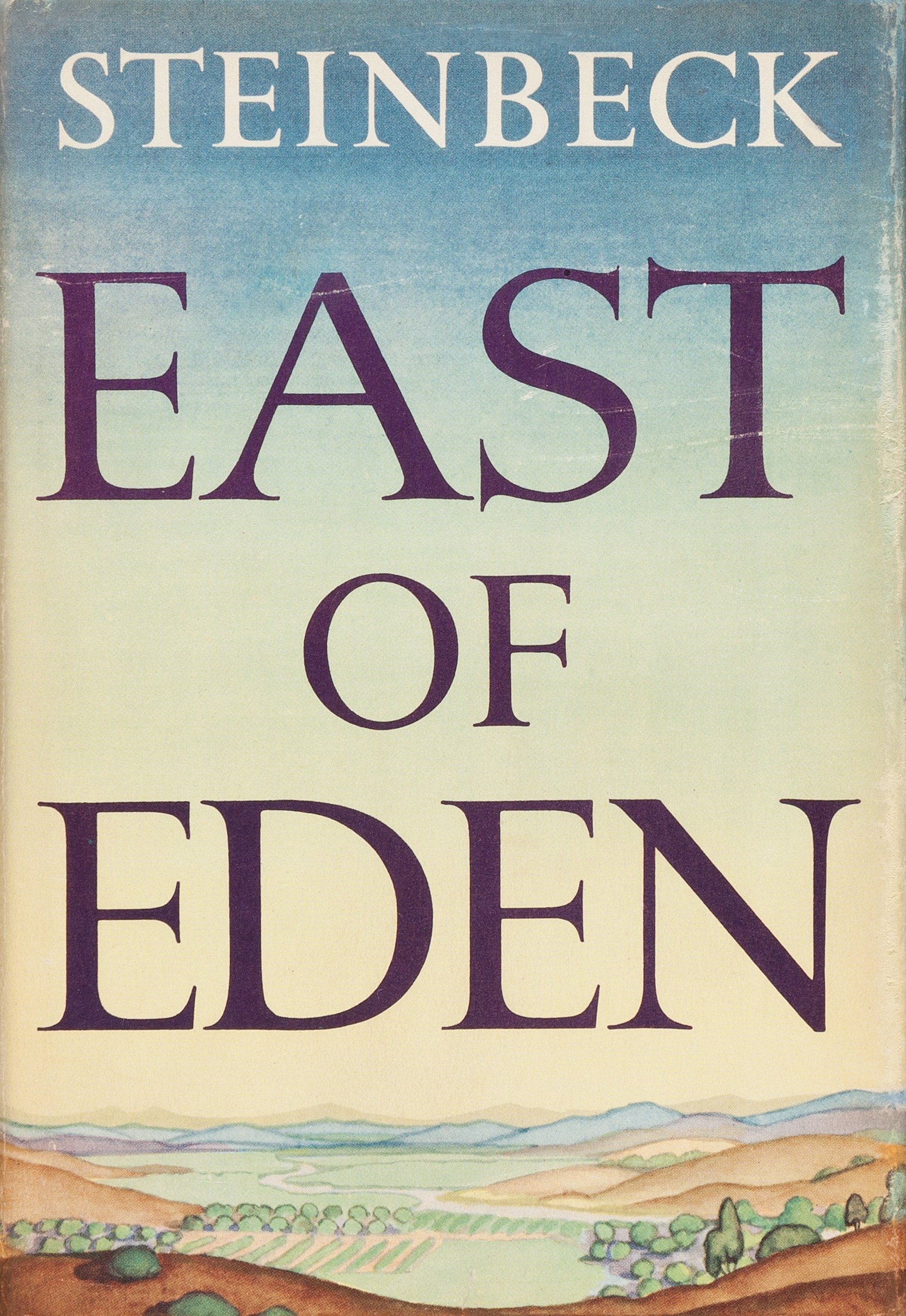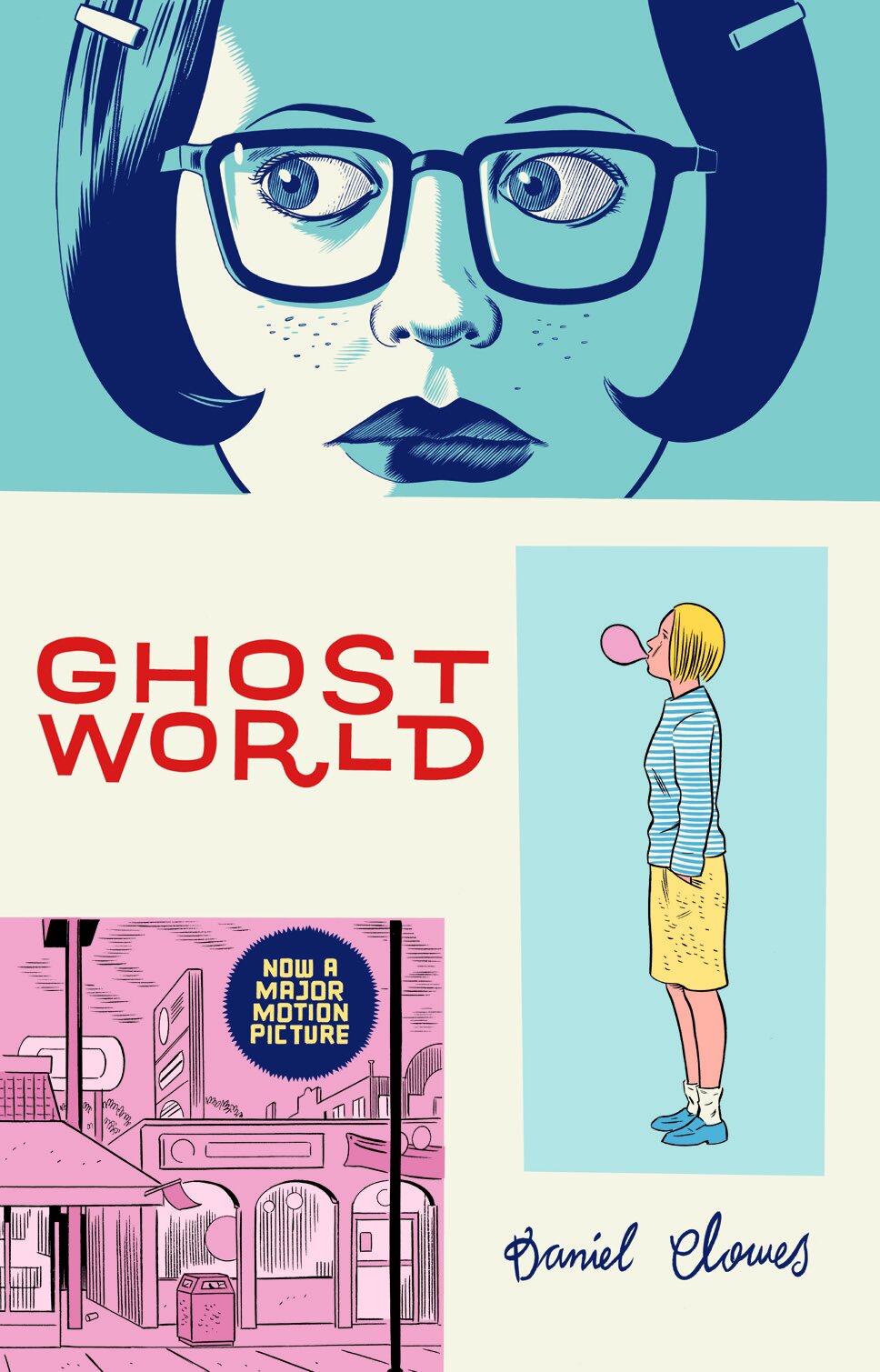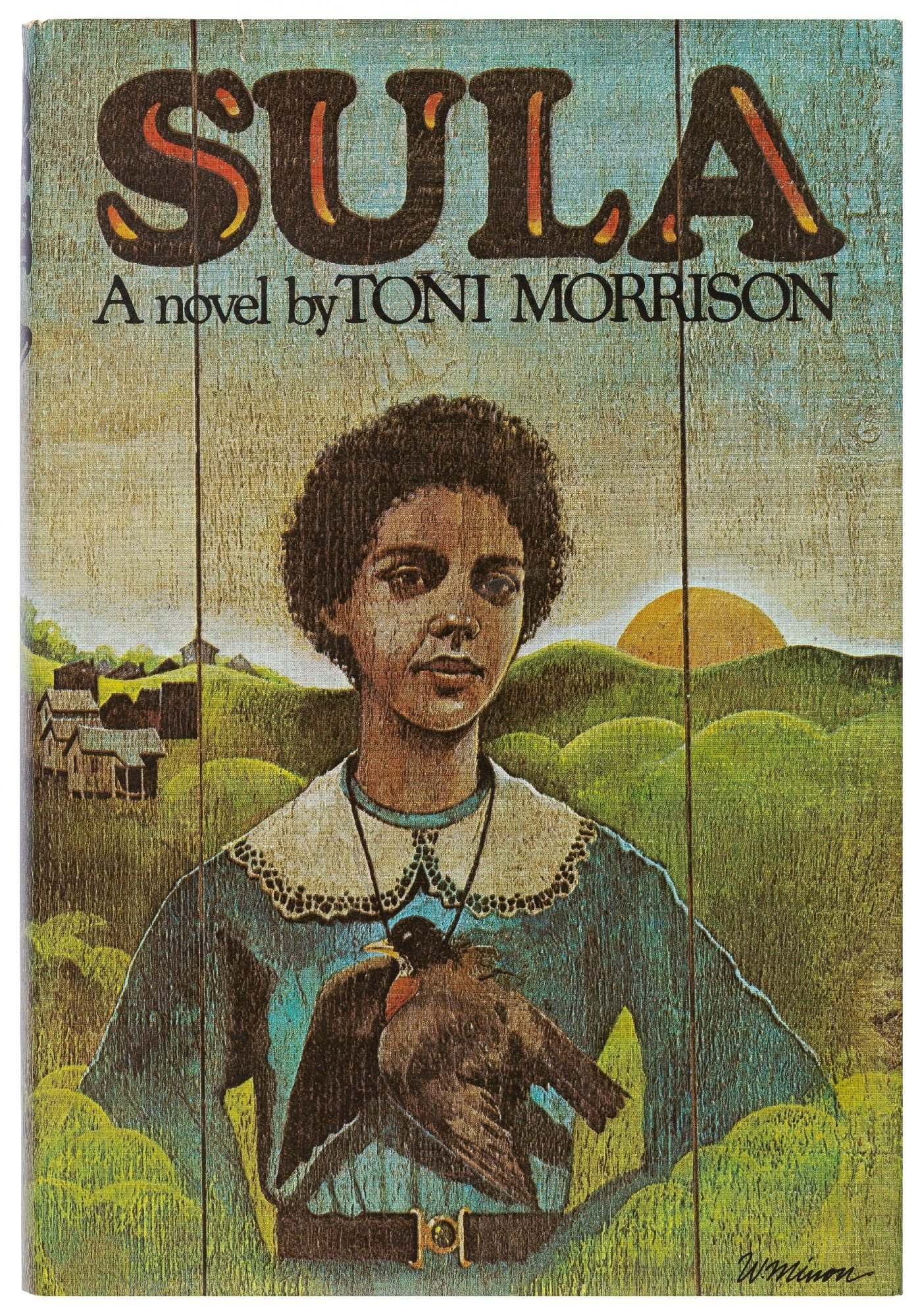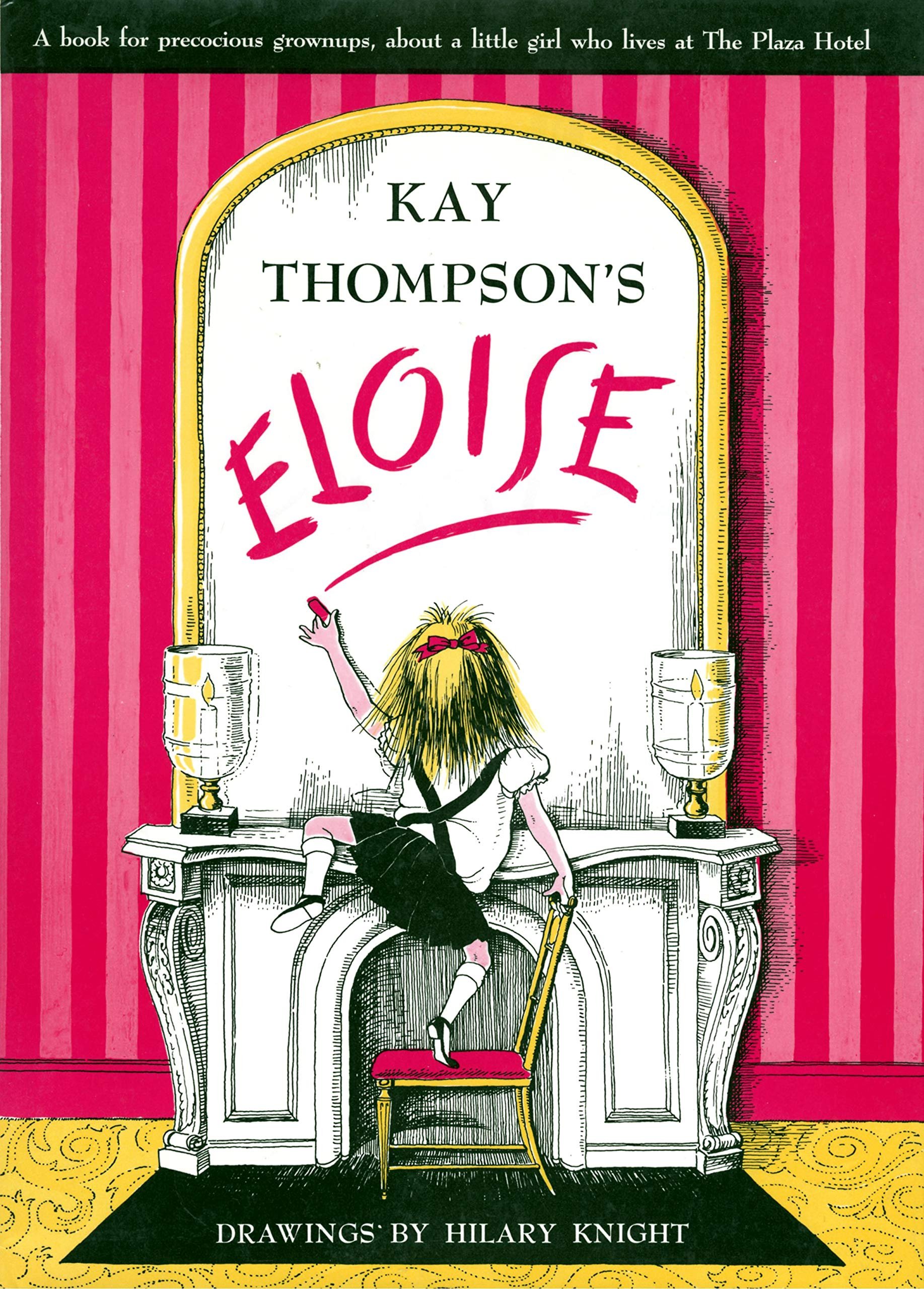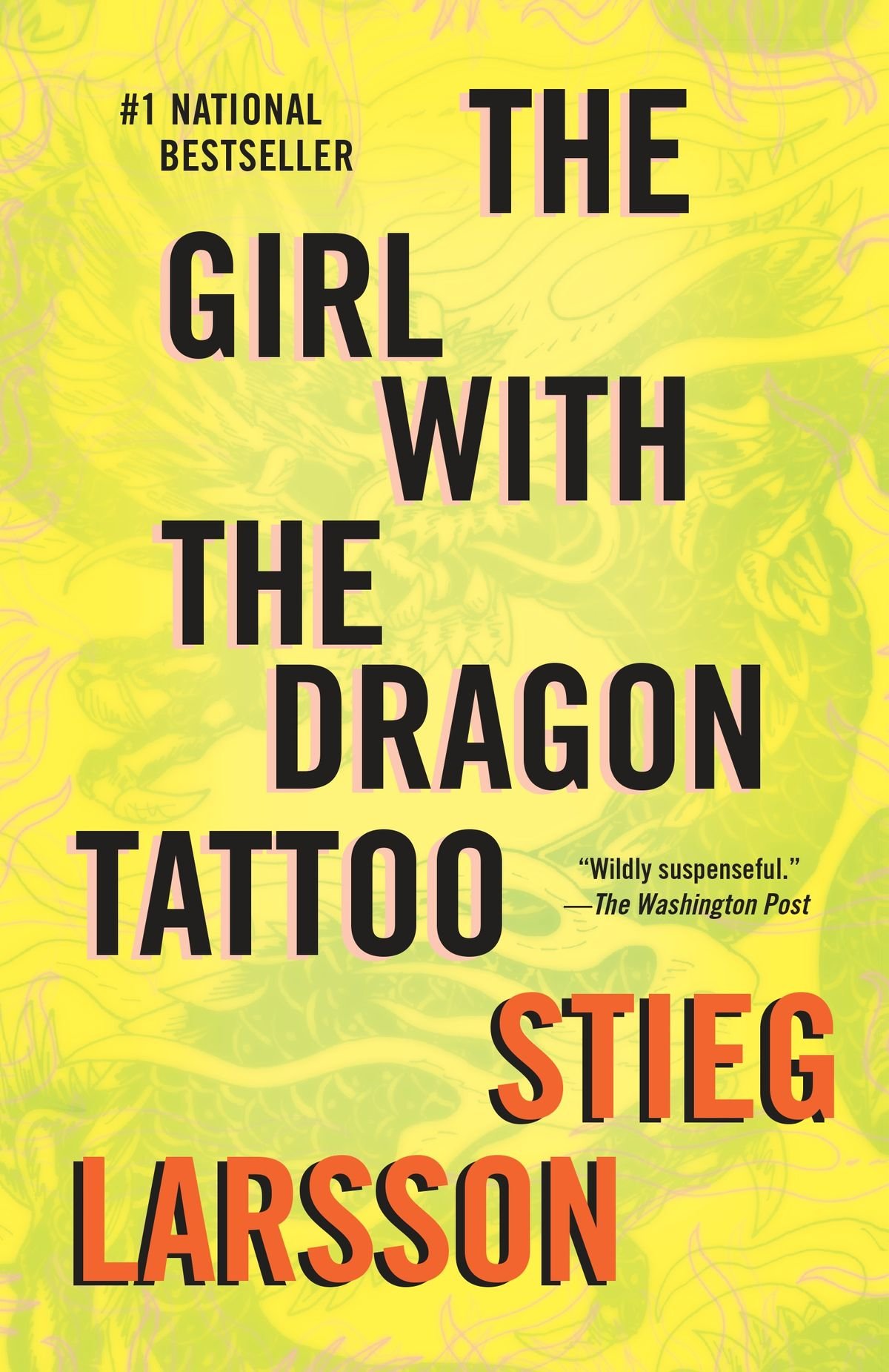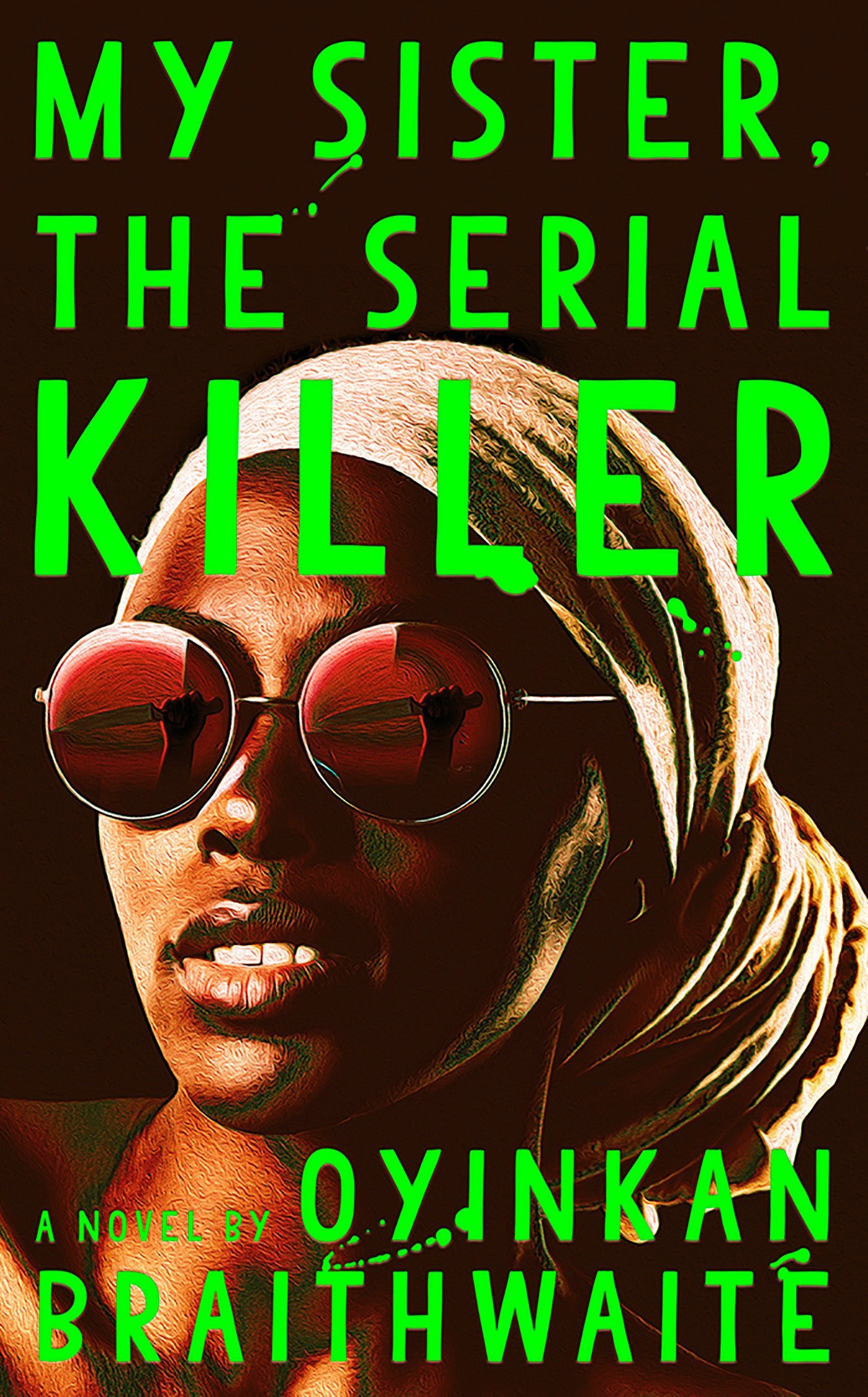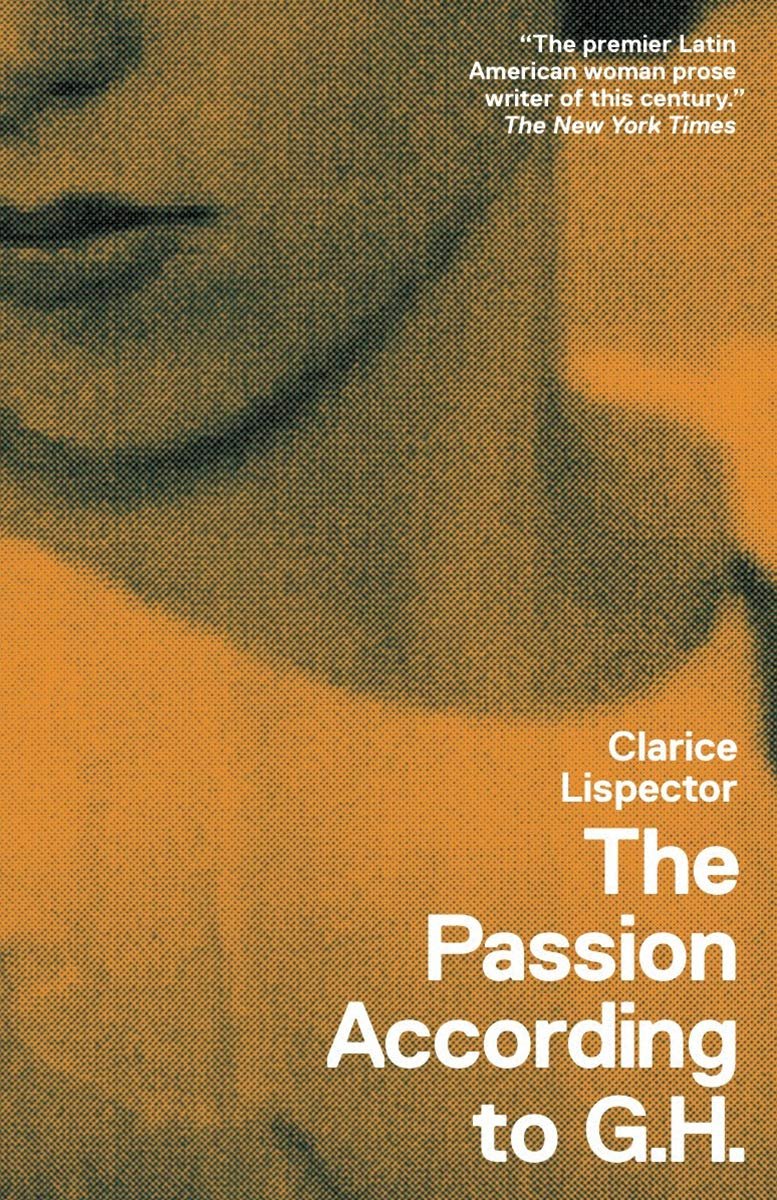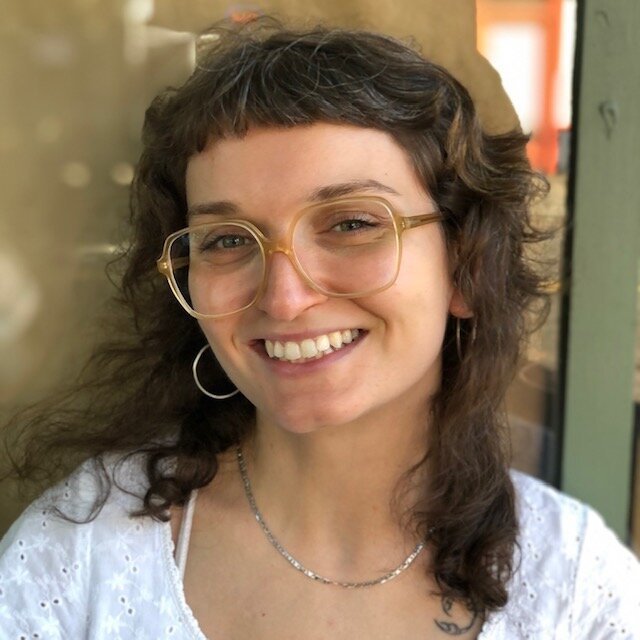FP Staff List: IN CASE OF EMERGENCY and "Unlikeable" Characters
IN CASE OF EMERGENCY protagonist Shadi is jaded, insensitive, and addicted to opium. And all around her, Tehran is crumbling. Despite catastrophic earthquakes and a mass exodus of the city's residents, Shadi is primarily concerned with how she's going to get high. As she navigates the newly dystopian city in search of her next fix, our out-of-touch protagonist contends with the dismal realities of life under global capitalism.
To celebrate the release of Mahsa Mohebali's "brilliant and jarring" new novel, IN CASE OF EMERGENCY (translated by Mariam Rahmani), FP apprentice Sophie Albanis reflects on the women characters we love to hate. Like Shadi, they're enigmatic, often funny, keenly intelligent, and enormously memorable.
Lady Macbeth from Macbeth
by William Shakespeare (Penguin Classics)
The ultimate enabler. Quite possibly the greatest to ever do it. Arguably the real protagonist of Shakespeare’s infamous tragedy. Definitely deserved to die onstage, and not as some offstage afterthought, hidden from the audience’s view. Absolutely made somnambulism chic.
Medea from Medea
by Euripides (Free Press)
She told Jason, “Fuck around and find out!” She warned him! And look what happened. (She killed her kids; it’s not a spoiler.)
Cathy Ames from East of Eden
by John Steinbeck (Penguin)
Known aliases: Kate Trask, Kate Albey. Most people think East of Eden is about the fraught relationships between fathers, sons, and brothers, a complicated saga of patrilineal wealth structures, manifest destiny, and superfluous nature descriptions. But real ones know that Cathy Ames is the raison d'être. “Psychic Monsters... [with] Malformed Souls” Hive rise up!
Enid Coleslaw from Ghost World
by Daniel Clowes (Fantagraphics Books)
Enid is insufferable in the same way that the act of scrolling to the very end of one’s own Instagram profile is insufferable. Having just graduated high school, Enid’s scrupulously performed coolness is embarrassingly familiar, and rife with internalized misogyny. She’s like the TV character Daria, but with a fouler vocabulary and a more potent superiority complex.
Sula from Sula
by Toni Morrison (Vintage)
Among the residents of the Bottom—a Black neighborhood in the fictional town of Medallion, Ohio—Sula Peace is an outcast. As a teenager, Sula watched from the porch as her mother burned to death, doing nothing to intervene because she was “interested.” She flouts all social conventions and is rumored to have affairs with white men and married Black men. And yet, the community’s shared hatred of Sula has a strange way of making life in the Bottom more harmonious.
Eloise from Eloise
by Kay Thompson (Simon & Schuster)
Simply put, Eloise is the reason I am never having children.
Lisbeth Salander from The Girl with the Dragon Tattoo
by Stieg Larsson (Knopf Doubleday)
Lisbeth Salander is a real product of her past, but she’s determined to exact all control over her future. She’s a survivor, in all senses of the word, and a master hacker (with nary a reference to “the mainframe” in sight). Her methods might be questionable, but her motives are airtight.
Ayoola from My Sister, the Serial Killer
by Oyinkan Braithwaite (Knopf Doubleday)
Favorite children: they do exist. Korede’s sister, Ayoola is one of them. She’s a gorgeous sociopath who’s just finished up the murder of her third boyfriend in a row. But Korede has learned how to deal; time after time, she dutifully helps Ayoola bleach away blood stains, move corpses, and stay out of legal trouble—which, I suppose, makes Korede unlikeable, too.
G.H. from The Passion According to G.H.
by Clarice Lispector (New Directions)
From the comfort of her luxurious Rio de Janeiro penthouse, G.H. ruminates on the recent resignation of her live-in maid. Despite having shared a living space with her, G.H. can’t be bothered to remember the domestic worker’s name, or what her face looks like. G.H.’s moneyed self-importance is cringe-inducing and repellant. Plus, she does weird, cruel things to bugs.
Sophie Albanis (she/her) is a graduate of the University of Oregon, where she earned her degree in gender studies and English literature. Previously, Sophie worked at Powell’s City of Books and interned at Tin House, Oregon Public Broadcasting, and Planned Parenthood. She has also studied bookmaking at the Independent Publishing Resource Center (OR) and the Center for Book Arts (NY). A second-generation immigrant, Sophie was raised in Portland, where she currently lives and works in nonprofit arts administration.


